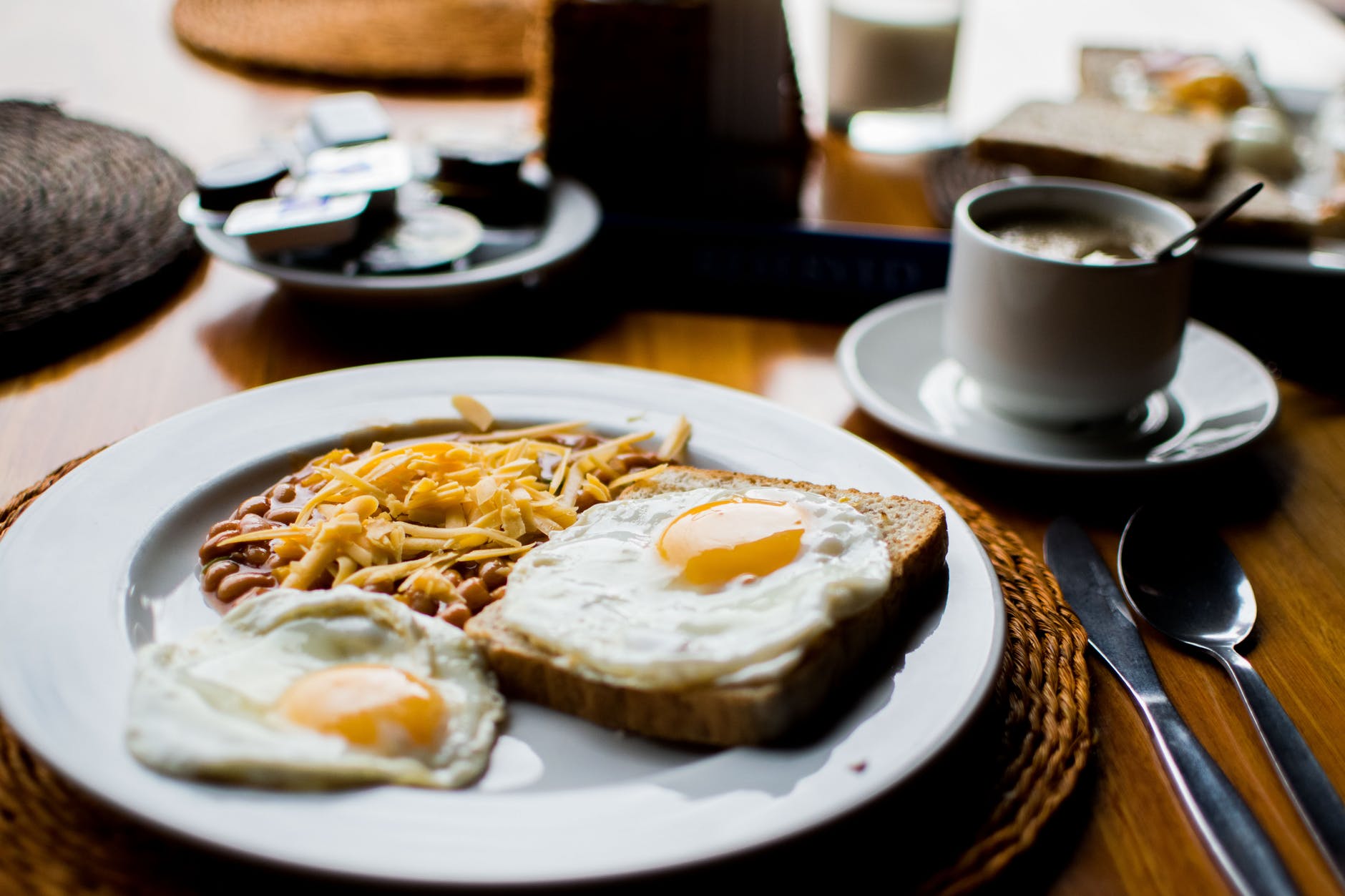Being an "evening person" is linked to higher body mass indices among people with Type 2 diabetes, and having breakfast later in the day seems to be what drives this association, according to a new paper in the journal Diabetic Medicine.
Obesity is common among people with Type 2 diabetes. Having an evening preference waking up later and going to bed later has been linked to an increased risk for obesity, but research is lacking regarding this phenomenon among people with Type 2 diabetes.
Morning/evening preference was assessed using a questionnaire that focused on preferred time for waking up and going to bed; time of day spent exercising; and time of day spent engaged in mental activity (working, reading, etc.). Scores on the questionnaire can range from 13, indicating extreme evening preference, to 55 indicating extreme morning preference. Participants with an evening preference were those who scored less than 45 on the questionnaire, while those with morning preference scored a 45 or higher.
Participants were interviewed regarding their meal timing, and daily caloric intake was determined via self-reported one-day food recalls. Weight measurements were taken and BMI was calculated for each participant. Sleep duration and quality were measured by self-report and questionnaire.
Self-reported average sleep duration was 5.5 hours/night. On average, participants consumed 1,103 kcal/day. The average BMI among all participants was 28.4 kg/m2 considered overweight. Of the participants, 97 had evening preference and 113 had morning preference.
Participants with morning preference ate breakfast between 7 a.m. and 8:30 a.m., while participants with evening preference ate breakfast between 7:30 a.m. and 9 a.m.
Participants with morning preference had earlier meal timing, including breakfast, lunch, dinner and the last meal.
The researchers found that having more evening preference was associated with higher BMI. Caloric intake and lunch and dinner times were not associated with having a higher BMI.
Morning preference was associated with earlier breakfast time and lower BMI by 0.37 kg/m2.
